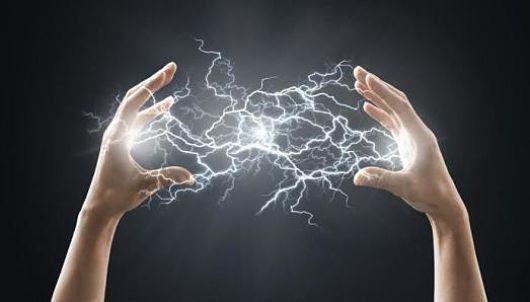5 Ways Reliable Electricity Is Reshaping Sub-Saharan Africa

Nearly 620 million people in sub-Saharan Africa are living without electricity, with Nigeria, Ethiopia and the Democratic Republic of Congo having some of the highest rates of power-less citizens. Lack of electricity, especially reliable electricity, has hindered development and has forced residents to continue to rely on outdated means of heating and cooking.
However, in recent years Africa has entered into the largest and most rapid expansion of reliable, and often renewable, energy sources in the history of the continent. As the power grid expands, so do the opportunities for residents of sub-Saharan Africa.
Here are just some of the ways access to reliable electricity is changing sub-Saharan Africa for the better:
1. Electricity is decreasing reliance on costly biomass fuel sources
Nearly three billion people worldwide rely on burning wood, charcoal and other costly and inefficient biomass fuels for power and energy. Burning biomass is not only inefficient, it is also unsustainable. Many arid regions in sub-Saharan Africa lack much forested land, and cutting down trees for fuel is wiping out what remains. Electrically-provided means of heating and cooking is more efficient, possibly cheaper and ultimately far more environmentally sustainable.
2. Electricity removes an obsolete and hazardous method of cooking and heating
Lower respiratory tract infections are the second leading cause of childhood deaths in Africa, second only to pneumonia. Burning biomass fuels for heating and cooking releases potentially harmful fumes and contributes significantly to respiratory problems in children and seniors. Using electricity as an alternative to burning biomass fuels removes an unnecessary health hazard from everyday life in the region.
3. Electricity is allowing people to connect and conduct business at much greater distances
More Africans have mobile phones than have toilets in their home, and the expansion of the electrical grid is giving previously unconnected regions access to a global community. Electricity lets distant relatives communicate by phone, businesses conduct international affairs and people around the world connect to one another via the internet.
4. Electricity is opening the door to a massive boom in new business
The growing establishment of reliable and sufficient electricity across sub-Saharan Africa is throwing the doors wide open for economic expansion. New businesses can move into previously undeveloped regions, bringing in new goods for consumers, paying jobs and revenue that circulates throughout the community. With electrical access, individuals can seek out entrepreneurial opportunities with the ability to grow and expand beyond their immediate locale.
5. Electricity is becoming more affordable as more people realize its value
Until recently, the demand for electricity had been low, but not for lack of interest. Electricity is one of the most highly subsidized utilities in Africa, yet still beyond what many can afford. However, the recent booming of the energy sector has created a ripple effect, driving down utility rates while growing in demand. This in turn encourages more expansion.
Access to reliable and affordable electricity in sub-Saharan Africa is creating a feedback loop of positive growth, improving the quality of life for residents and establishing the potential for dramatic economic growth and a bright future.
– Gina Lehner
Sources: World Energy Outlook, Health Impacts of Burning Fuelwood
Photo: Ask
